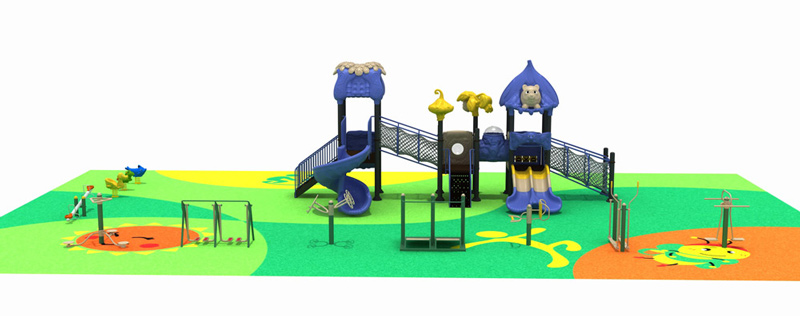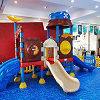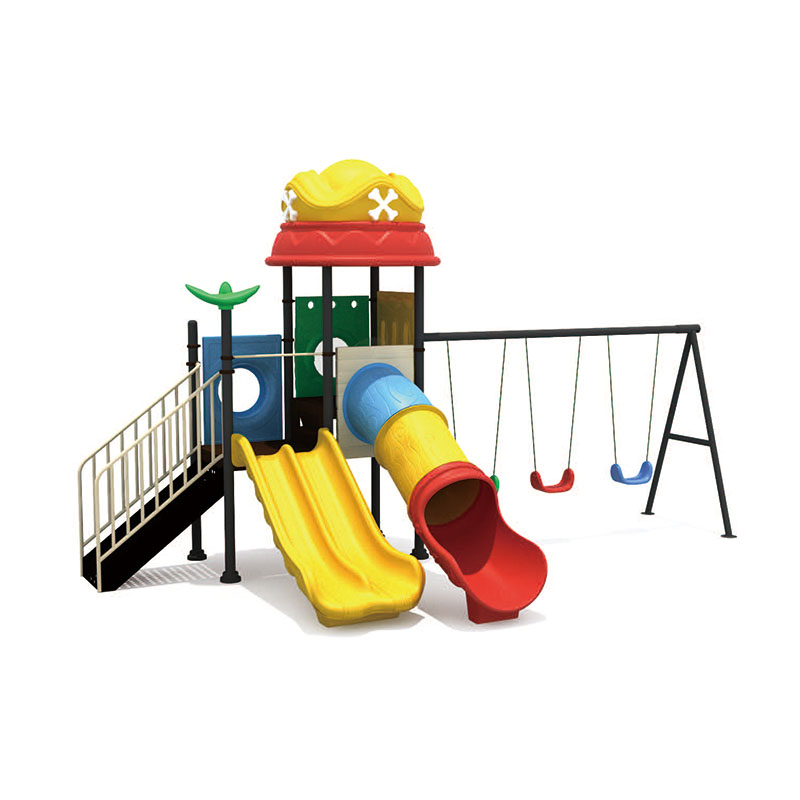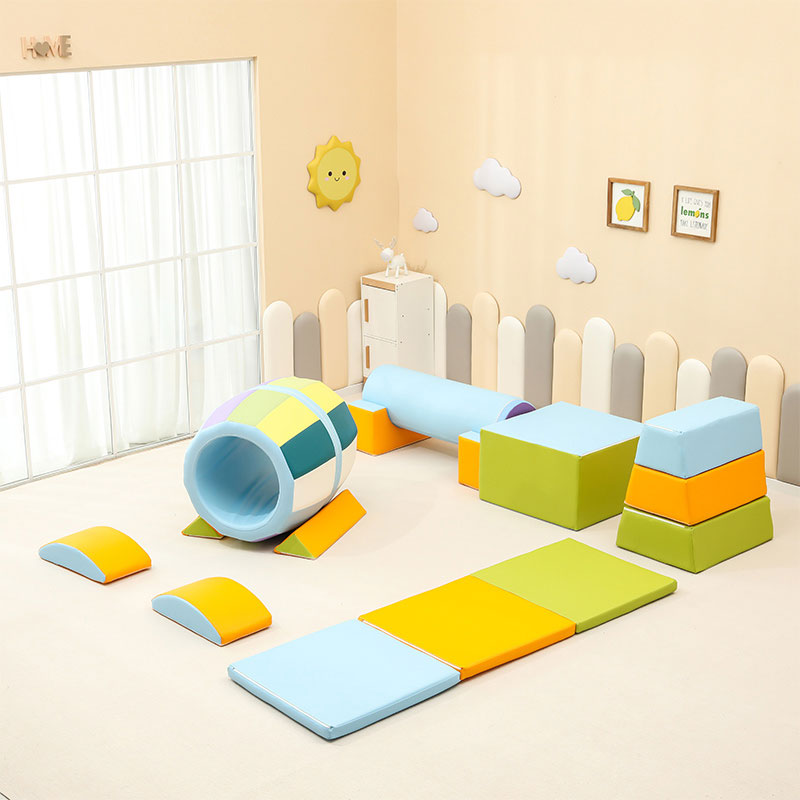How to Get Your Toddler to Play with Other Children?
Some children begin socializing naturally, but others may struggle to make friends or join group activities. If your child is shy, hesitant, or afraid of socializing, you can build up their confidence and social skills at home. Arranging playdates can provide a more comfortable way to socialize for your toddler. Once they are comfortable playing 1-on-1, focus on helping them play in groups at daycare or in other public outdoor playground situations.

Building Your Child's Social Skills
Observe how your child interacts with other children. Pay attention to how your child plays in different environments. Watch them at home, at the playground, or at a friend's house. Some children may want to play alone or with 1 other child rather than in large groups. Some children may prefer quiet settings to loud settings.
Try new settings to see if your child prefers them. For example, if your child struggles at the playground, try taking them to play in a field or at someone's house.
Change up the groups that your child is exposed to. See if they prefer play one-on-one, in small groups, or in large groups.
Explain to your child when they do something well.
This will train them to understand good behavior and help them become more confident. Don't just praise your child. Tell them what they did well and explain why the behavior was good.
- For example, when your child shares a toy, you can say, "That was a really polite thing to do. When we share, other kids get to have the same fun as you did!"
- Always talk about the results of their behavior. For example, have them give a gift to someone and say something like "Look how happy your sister is! She loves this picture you colored so much!"
- Never criticize or shame your child for being shy. Instead, focus on praising positive behaviors.
Teach your child how to share toys.
For young toddlers, learning to share can be very difficult. With some attention, though, you can make this a bit easier. At home, model good sharing behavior.
- If you have other children, encourage sharing between siblings. Ask your child to lend a toy or give part of a treat to a sibling, and offer praise for any attempts at sharing. Similarly, ask older children to share with your toddler and thank them for their efforts.
- If your toddler does not have siblings, you can share with them yourself. Practice sharing food, toys, or other items. Thank your child when they share with you.
- Make sure that you are also modeling good sharing behavior with other people. Encourage your parent, family members, and other children to do the same.
Read picture books about friendship.
Buy or borrow some children's books that deal with sharing, cooperation, and friendship. Read them with your toddler. Take the time to talk with your child about the books.
- Pause occasionally in the book to ask your toddler what they would say or do. Encourage them to share their feelings as you read.
- Some classic books include The Rainbow Fish by Marcus Pfister, The Giving Tree by Shel Silverstein, or The Little Blue Truck by Alice Schertle.
Practice social situations through role play.
Choose a situation to act out, such as going to a birthday party or sharing a toy. Act out the situation with your toddler. If they do something well, praise them. If they don't, correct their behavior by saying something like, "How about we ask them to use their toy first?"
- You, your partner, or the child's sibling can act as the child's playdate. Model good behavior, such as how to share or how to say "please and thank you."
- You can also use puppets, stuffed animals, or dolls to act out social situations.
Involve your toddler in family activities.
By learning how to interact with family members, they can learn how to interact with other children. Helping out at home can also teach cooperation, sharing, and generosity.
- For example, you could have your child help you when you set the dinner table. Ask which plates and cutlery to use, and show that you value their opinion. Thank them afterwards for their help.
- Play with your toddler 1-on-1 or encourage siblings to play as well. Your toddler may feel more comfortable and eager to play with their family. This will teach them how to play with others.
- Family activities outside of the home, such as grocery shopping or going to the beach, can make your child feel more comfortable in public.
Schedule short playdates at home.
Your child will feel most comfortable in a familiar space, so hold their first playdates at home. Don't schedule the playdate for longer than an hour, as toddlers may get tired or cranky.
- This is also a good opportunity to teach your toddler about the role of a host. Explain that it's important to be kind and generous to guests.





.jpg)

